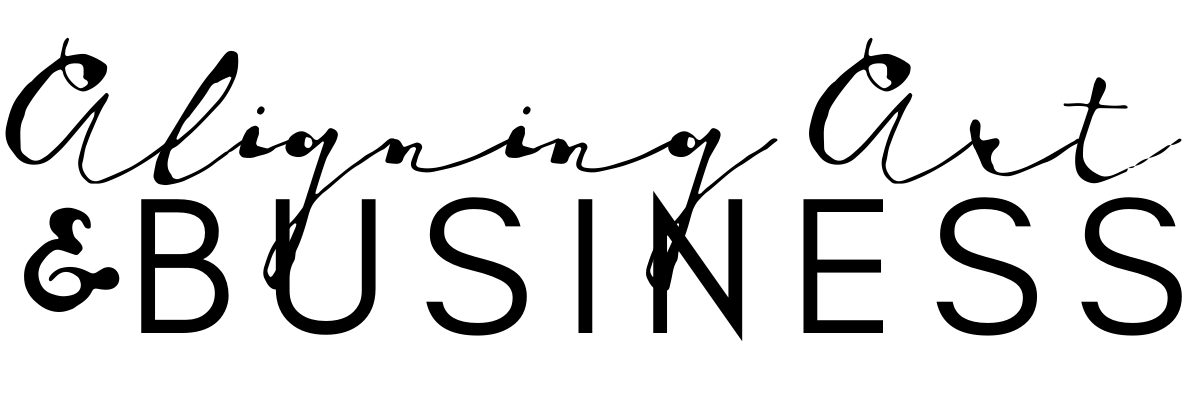Does Adobe or Canva own your art if you use it?
I read a FB thread by an artist recently expressing outrage that Adobe's terms of use seemed to imply that Adobe owns the rights to work using the software.
The comments were wild with folks claiming they are going back to pencil and paper and scanning by hand, as well as folks saying basically calm down- if that were the case, no one would use the industry-leading software.
I found it very interesting for a couple of reasons.
1. Terms & Conditions are created to protect the business, not the user. You need to read them or listen to folks who study privacy law.
Software has to manipulate your image in order to make the changes you desire. That's why there are clauses about rights to work you upload. As Adobe clarified recently (HERE), the company does not own the copyright to any images edited with their software and they also said they are not using users' images to train their AI.
Similarly Canva has language in its Terms & Conditions that allow it to store and host your own designs and content. The language may at first sound alarming, but they make it clear (HERE) that they do not own the copyright to your work.
Canva also is rolling out more privacy settings so that you can opt-out of allowing Canva to use your work to train their AI tools and 3rd party services. Go to your Settings > Privacy Settings and you'll see toggles to opt out.
In this new age where most software tools include some form of AI assistant, terms and conditions are being updated. Review the T&C of the software you use in your workflow.
2. AI-generated images will eliminate digital artwork that used to be done by artists (causing a loss in jobs), but artists are also upset that those very AI are being "trained" using copyrighted artwork without permission.
There is a lot of emotion around this topic, which is to be expected. Comparing the painting from an artist who's studied and honed her craft for years to a digital image created by AI is laughable. But AI-generated content is definitely here to stay.
My suggestion is that any software that you use to edit your images or create marketing collateral, you should review their terms & conditions for how they address training AI as well as the commercial rights to your work. With Adobe and Canva, it's fairly easy to understand, but with something more obscure, you may need to do a little digging.
and lastly…
3. Engage in outraged conversations on social media at your own risk.
The social media algorithms reward/push "outrage farming" or "rage-baiting" which is just anything that provokes outrage to drive engagement. You'll see this all over the internet with click-bait headlines as well as conspiracies and disinformation.
If there's a conversation happening that seems crazy (like Adobe having the rights to any image that is used in its software), take a step back. Do your own research by going directly to the source or an expert in the subject. If there's someone already commenting with actual authority on the topic, consider not engaging at all.
AI-generated images are here to stay and only getting better (except for hands HERE). Most software created with business owners in mind have or will roll out some sort of AI-powered tool so that they stay on the cutting edge.
I believe in the next decade, AI will become integral in almost all parts of life. It will be an evolutionary jump in our history like the industrial revolution. But AI does not have the human spark. The desire to find our place, have meaning to our lives, and seek the divine.
I believe art will become even more treasured. AI generates images based on billions of data points. Humans use all the images and experiences we've ever had but we do it from a place of emotion and a drive to communicate our thoughts. AI can't do that.
For more info, check out:
What does it mean for creativity, The Guardian
AI art explained (youtube video)
Ownership and copyright concerns in AI-generated artwork, Center for Art Law
